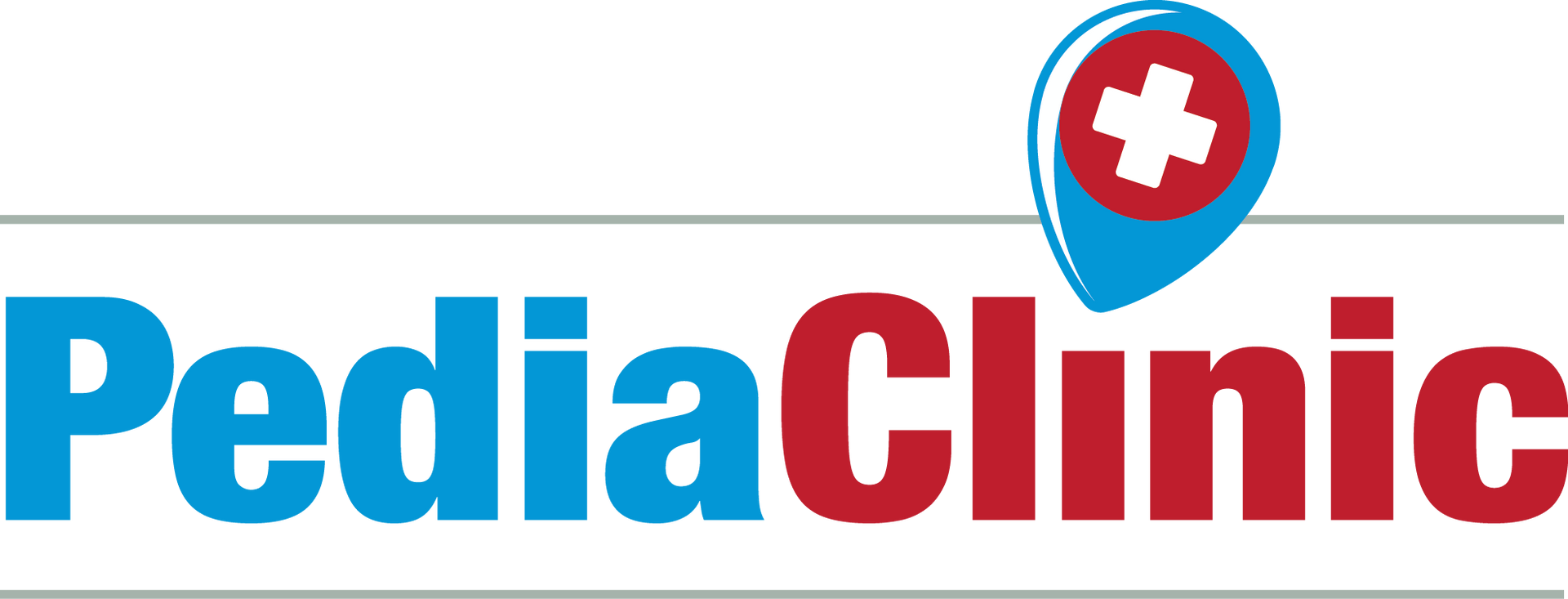Here are storage and preparation tips for a healthy baby at home. (The hospital may have different guidelines for you to follow if your baby needs to have expressed milk.)
-
Always wash your hands before expressing or handling your milk.
-
Use only clean containers to store your milk. Try to use screwcap bottles, hard plastic cups with tight caps, or special heavy nursing bags that can be used to feed your baby. Don’t use ordinary plastic storage bags or formula bottle bags for storing expressed milk because of the potential risk of polychlorinated biphenyl (PCB) exposure contained in certain plastics. In addition, regular plastic storage bags are more likely to break open during handling or storage.
-
Freshly expressed milk can remain at room temperature up to 77 °F (25 °C) for 4 hours or less.
-
Store expressed milk in a refrigerator at 39 °F (4 °C). Use sealed and chilled milk within 24 hours if possible. Discard all milk that has been refrigerated for more than 4 days. For babies who are hospitalized, check with the hospital.
-
Freeze milk if you will not be using it within 48 hours. Frozen milk is good for at least 6 months in a freezer at 0 °F (−18 °C) when attached to a refrigerator or 12 months if kept in a deep freezer at 0 °F (−18°C) or lower when not opened too o ten.
-
Store it at the back of the freezer—never in the door section.
-
Make sure to label the milk with the date that you collect it. Use the oldest milk first.
-
Freeze 2 to 4 ounces of milk at a time, depending on the average amount of a single feeding for your baby; however, you may want some smaller amounts for some occasions.
-
You can thaw milk in the refrigerator or more quickly by swirling it in a bowl of warm water.
-
Don’t use microwave ovens to heat bottles because they don’t heat them evenly. Uneven heating can easily scald your baby or damage the milk. Bottles can explode if left in the microwave too long. Excess heat can destroy important proteins and vitamins in the milk.
-
Previously frozen milk that has been thawed in the refrigerator must be used within 24 hours.
-
Don’t refreeze your milk.
-
Don’t save milk from a used bottle for use at another feeding.
Visit
Disclaimer
Adapted from the American Academy of Pediatrics patient education booklet,
The American Academy of Pediatrics (AAP) is an organization of 67,000 primary care pediatricians, pediatric medical subspecialists, and pediatric surgical specialists dedicated to the health, safety, and well-being of all infants, children, adolescents, and young adults.
In all aspects of its publishing program (writing, review, and production), the AAP is committed to promoting principles of equity, diversity, and inclusion.
The information contained in this publication should not be used as a substitute for the medical care and advice of your pediatrician. There may be variations in treatment that your pediatrician may recommend based on individual facts and circumstances.


